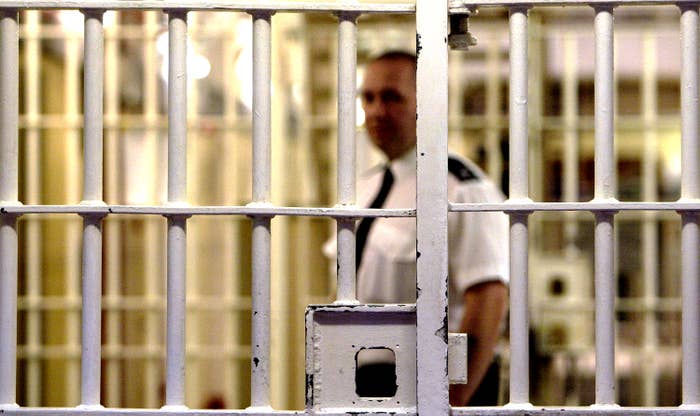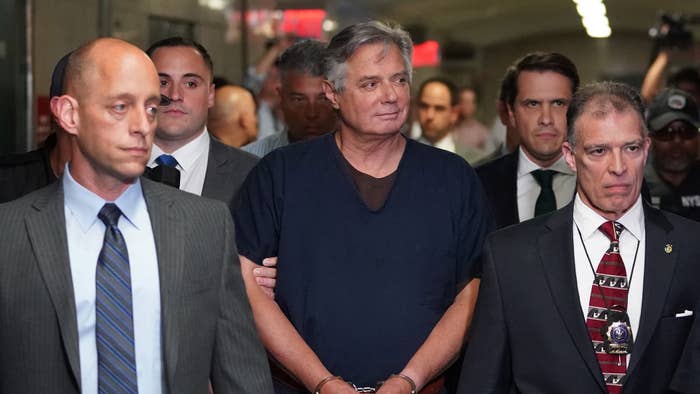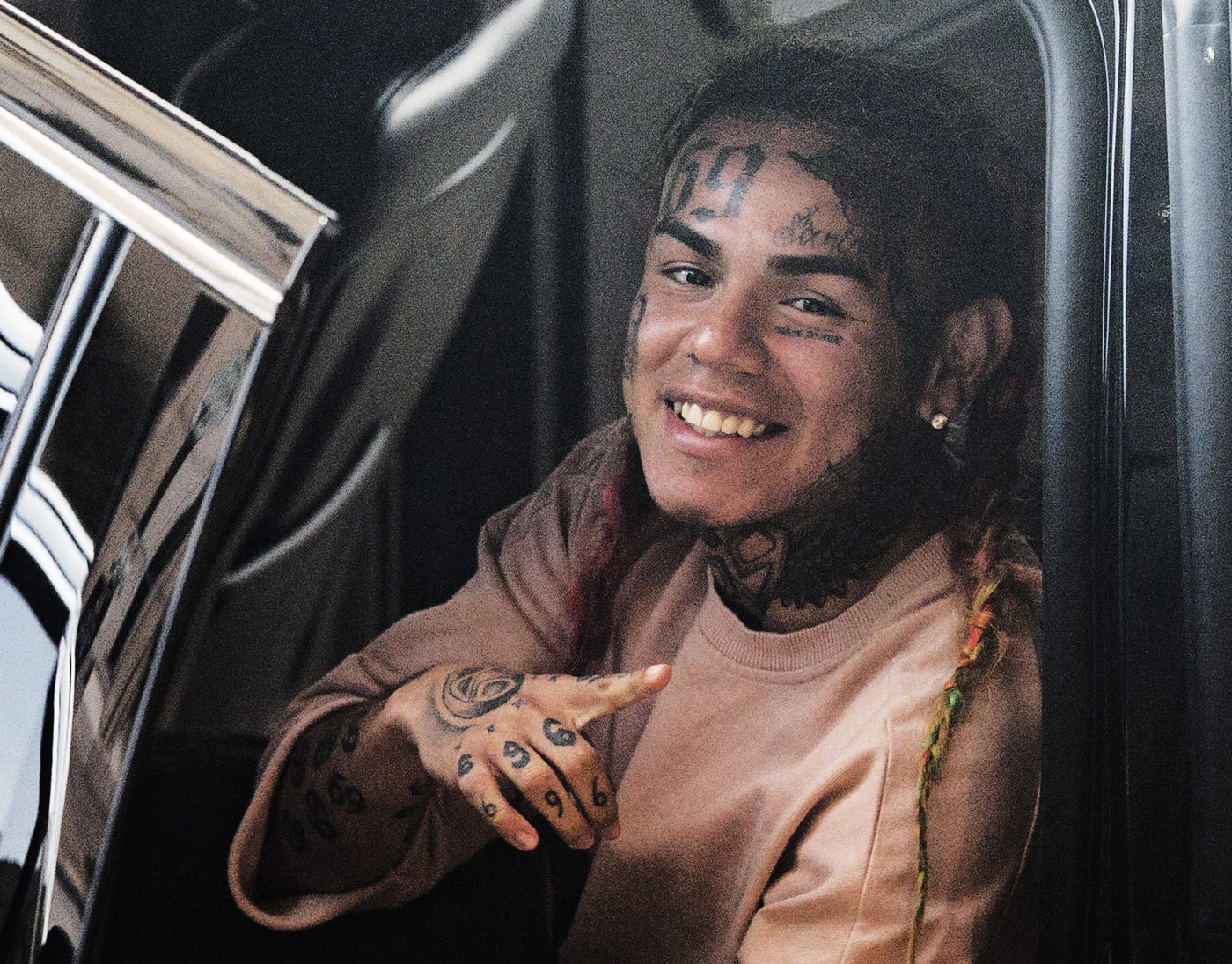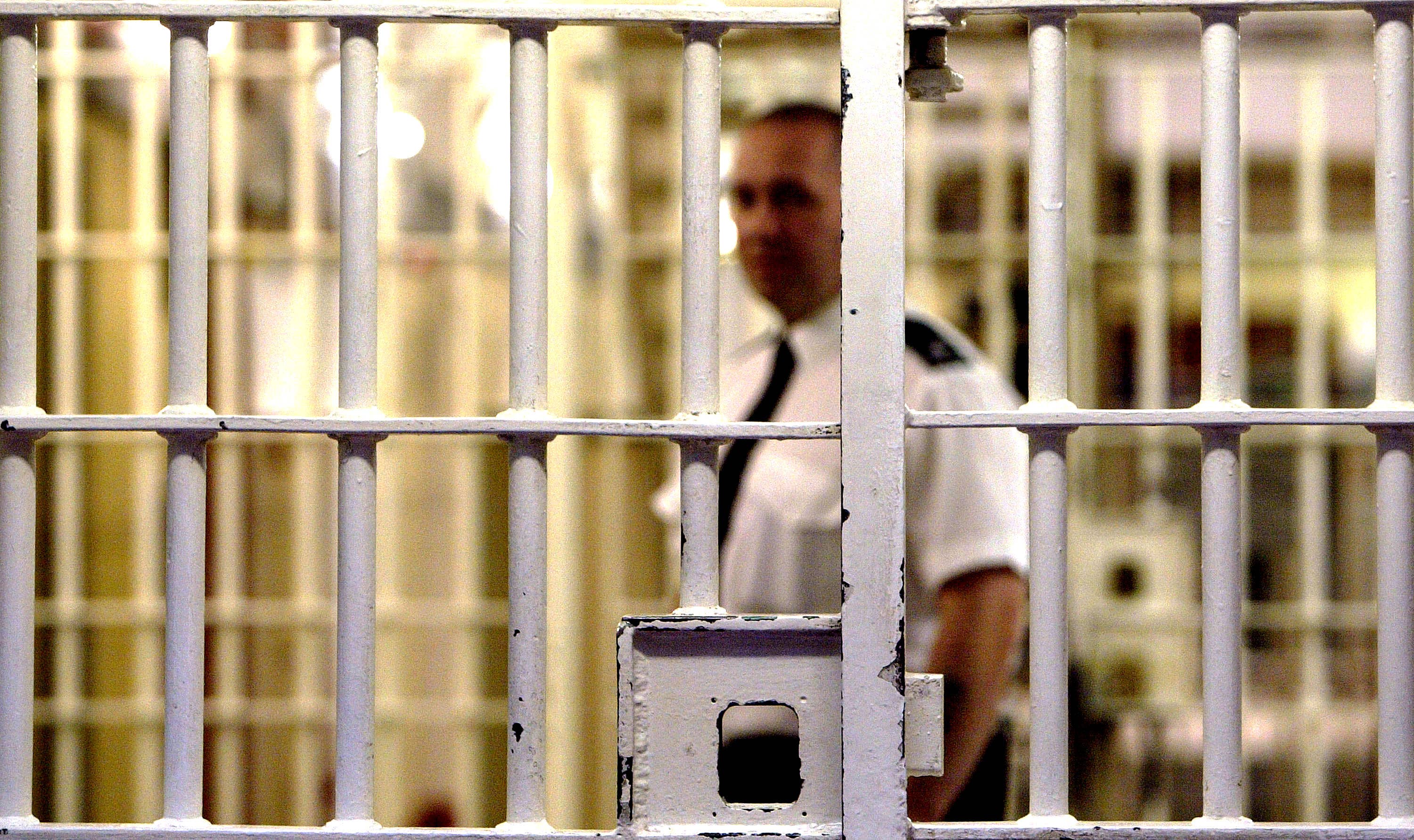
In the middle of a global pandemic, Corvain Cooper sits in federal prison, serving a life sentence for a 2013 conspiracy to distribute more than one ton of marijuana, pleading for his release. As Cooper aptly points out, he is serving a sentence for something that used to be a crime—marijuana distribution—and has since been deemed an essential business during the COVID-19 crisis.
Yet, around the country, we’ve seen a number of celebrities and public figures convicted of more serious offenses getting released from jails and prisons in order to spare them the extraordinary risk of contracting COVID-19, and what could be a death sentence.
Adult film star Stormy Daniels’ infamous attorney, Michael Avenatti, was temporarily released from Metropolitan Correctional Center in Manhattan to stay at his friend’s house in Venice, California after his lawyer argued that he was at greater risk of contracting COVID-19 because he had pneumonia last year. Avenatti was convicted earlier this year of attempting to extort over $20 million from Nike and is awaiting trial on charges of tax fraud and stealing several million dollars from clients.
The rapper Tekashi 6ix9ine, who pleaded guilty to a series of gang robberies and shootings, walked out of a federal prison four months short of his two-year sentence after his lawyer argued his asthma put him at heightened risk for the virus.
And just last Wednesday morning, Paul Manafort, Donald Trump’s onetime presidential campaign chairman, who was convicted as part of Robert Mueller’s Russia investigation, was released from federal prison and granted home confinement for the rest of his seven-year sentence. His lawyer argued that Manafort’s health conditions and his age, 71, increased his risk of contracting COVID-19.
The privilege that these celebrities and public figures received in being released is not the injustice at play here. Avenatti, 6ix9ine, and Manafort should have been released. Jails and prisons are a breeding ground for a pandemic, and, according to The Marshall Project, COVID-19 has already infected tens of thousands of incarcerated persons and over six thousand prison staff. The virus has also caused over three hundred prison deaths. The judges in each of these cases made the right call.

The injustice is the other almost 2.3 million men, women, and children—most of whom are poor people and people of color—who remain behind bars in the middle of this pandemic. Very few of them have received the same accommodations as Avenatti, 6ix9ine, and Manafort. The injustice is the millions of people who have arguably been convicted of less serious crimes than these men but are still incarcerated without an ability to be socially distant or take recommended sanitation measures. The injustice is the hundreds of thousands of people awaiting trial—who are presumed innocent and have not been convicted of any crime at all but whose lives are at an exponentially greater risk because they remain incarcerated.
The decisions to release Avenatti, 6ix9ine, and Manafort—among others of a similar profile—are decisions grounded in public safety. Experts are estimating that there’s a high probability that as many as 100,000 people who pass through our jails and prisons will die from COVID-19. People incarcerated in prisons live in close proximity to each other, and safety measures outlined by the CDC, such as staying six feet away from other people, are nearly impossible to follow. Prisons, like nursing homes, which have been decimated by COVID-19, are not closed environments. Vendors, staff, and correction officers coming into the facilities and returning home pose a considerable risk of spreading the virus. And prisons are often in rural areas, far from hospitals and with limited access to medical care.
But, unfortunately, the decisions to release Avenatti, Tekashi69, and Manafort are the exception rather than the rule. Following the judge’s ruling, Avenatti’s lawyer acknowledged that courts across the country are declining to take similar actions and called his client “fortunate.”
In Louisiana, rather than releasing inmates most at-risk or vulnerable, officials plan to isolate those who test positive for the virus in two maximum-security prisons, creating what critics are calling death camps. This is even as the number of reported cases in the state drops under 40,000.
Recently in Texas, Andrea Circle Bear, a 30-year-old woman who was serving a two-year sentence—same sentence as 6ix9ine, but for a nonviolent drug offense—died of complications related to COVID-19. Circle Bear arrived at a medical prison eight and a half months pregnant and gave birth while on a ventilator just weeks before her death. The same options—including home confinement or a reduced sentence—that were available to 6ix9ine and Avenatti were available to Circle Bear. Yet Circle Bear’s two-year sentence was, in fact, a sentence of death.

We must not pick and choose who is deserving of being saved. Yes, Avenatti should have been released because of his history with pneumonia. Yes, 6ix9ine should have been released when he had only four months left to serve. And Manafort should have been released because of his age. But this is not a privilege that should be reserved for celebrities and public figures.
Every person who is incarcerated should be treated equally. The accommodation that is given to Avenatti, Tekashi69, and Manafort should be extended to every incarcerated person—celebrity or not—who is vulnerable because of age or medical history or has less than a year left of their sentence. We must prioritize the safety and well-being of as many people as possible by releasing as many people as possible. That means freeing people like Corvain Cooper, who was sentenced to life for conspiracy involving marijuana trafficking and financial crimes.
Without bold action that makes release the default rule rather than the exception, COVID-19 will continue to tear through jails and prisons harming and killing the most vulnerable among us. And without a response to COVID-19 that doesn’t discriminate based on where you live, how much money you have, or how much fame you have achieved, we are left with one more example of how a system that was supposedly created to provide justice for all has failed miserably.
The Last Prisoner Project is a nonprofit coalition of cannabis industry leaders, executives, and artists dedicated to bringing restorative justice to the cannabis industry.
Patrisse Cullors is an artist, activist, the co-founder of Black Lives Matter, senior advisor at The Justice Collaborative, and founder and chair of Reform LA Jails, a Los Angeles-based committee that represents a coalition of citizens, community leaders, and organizations to prevent crime, and permanently reduce the population of people cycling in and out of jail that are experiencing mental health, drug dependency, or chronic homelessness issues.

